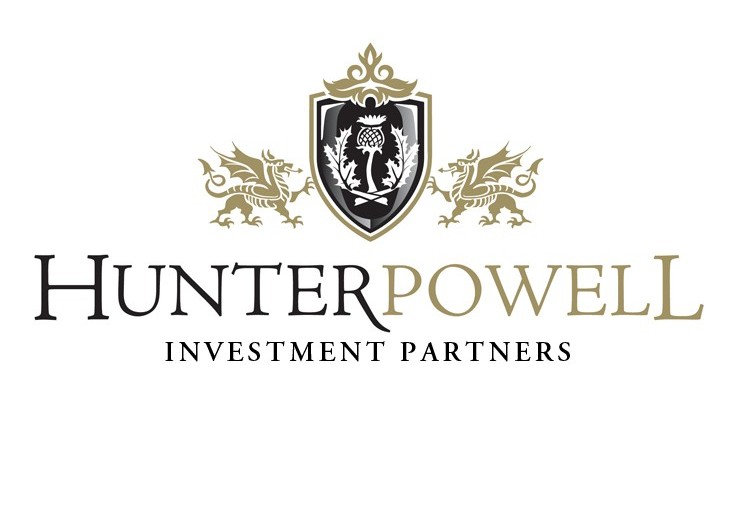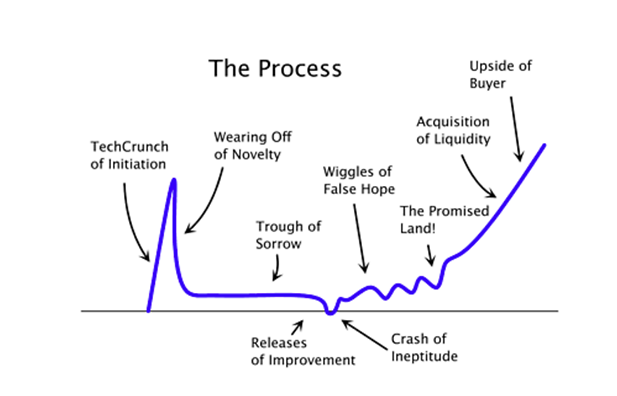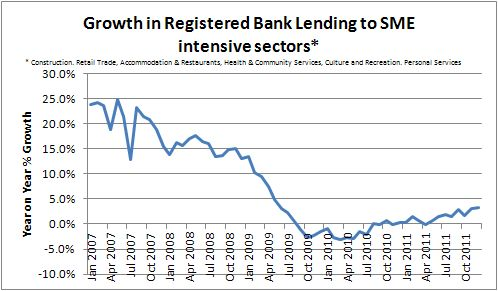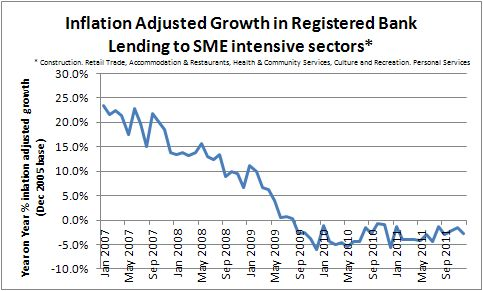A vision to lift New Zealand’s GDP by 7 percent
Dear members
The New Zealand SME Business Network is rapidly heading towards 5,000 members. Accordingly, we have reached a juncture where greater resource is needed if we are to step-up our efforts to effect positive change in New Zealand’s small business economy.
Events like The Biz (Yellow’s nationwide SME road-show), EPIC (Ethnic People In Commerce) conference and INNOVEST (a scale-up conference matching growth SMEs with potential investors), together with numerous other speaking engagements I have undertaken, have certainly created a buzz about our role in providing SME business owners with a voice – both in the market and in government (via twelve of our members who also serve on the Govt appointed Small Business Development Group) – and it is important that we maintain this momentum.
Your support through active contributions on a range of discussions have played a big part in lifting the optic and understanding about the importance of SMEs to New Zealand’s future prosperity.
So – I’d like to share with you a wider vision, together with a proposed plan, about how we can lift our contribution to New Zealand’s economic Leadership Thinking, at a strategic level, through collaboration and partnership with an entity that is arguably New Zealand’s leading Business Growth Engine and Educator of SME business owners to practically execute action plans to breathe life into the vision.
I would appreciate your feedback on this proposal.
Our vision is to support and enable the lifting of New Zealand’s economic performance by 7% Gross Domestic Product (GDP) contribution by 2020 by focusing on the underlying value of our small business economy.
New Zealand’s GDP was worth 159.71 billion US dollars in 2011. The GDP value of New Zealand represents 0.26 percent of the world economy, as reported by The World Bank.
Seven percent equates to US$11.2b (based on 2011 performance) and will take the current SME contribution of 38% GDP to 45% GDP, which, we believe is achievable if supporting and enabling structures are initiated to stimulate growth in our small business economy, while also delivering a range of positive socio-economic outcomes.
The two key elements of this vision remain extant from that which we set out to achieve when originally forming this group. Both have both been achieved, to al level, and now need step-up resourcing:
- To create a nationwide ‘Network-of-Influence’, thereby enabling a managed platform from which SME owner / managers will have ‘A Voice’ over the enactment and implementation of policy that affects New Zealand’s small business environment in which they operate.
In this way we are placing into the hands of those most affected, a much higher level of influence over their destiny and, importantly, enabling their ideas, many of which are innovative and practical, to surface and be heard by Ministers, officials, academics and analysts (policy makers generally), therefore providing a greater knowledge range (breadth and depth) from which policy can be shaped.
- To operate from within Government, as a trusted and mature advisor, as opposed to being classified as another lobby group. This element is key to delivering value to SME owner / managers in terms of practical outcomes viz policy influence based on ideas generated from owner / mangers themselves.
To do this we will need to achieve the following three objectives; some phased, some concurrently (two of the objectives are well underway):
- Create a tipping-point of circa 10,000 members by December 2014, increasing topinng up is based enceity of minimum 20,000 members 20,000 members by December 2015. In so doing, we are effectively creating a cohort of SMEs from what is a disparate and heterogeneous population usually categorized by industry sector.
The creation of a common voice among SME owner / managers nationally will generate literally thousands of practical ideas from which the best can selected for implementation. The tipping point will come when The New Zealand SME Business Network is sought after for policy advice as a matter of course given the size of its constituency. This is assessed as 10,000 in number.
Note: this is happening to a degree with 4,000 members; we can therefore assume that members in the vicinity of 10,000 will be very impacting in terms of polling accuracy and influence.
- Concurrently with the aforementioned, over the past eighteen months, we have met with various Government Ministers and Officials to present to them a short-form thesis about lifting the performance of SMEs by focusing on two key elements: Innovation and Business Sophistication (described by the World Economic Forum as the most important drivers of the incomes of advanced economies). The key to unlocking this potential is Education – a quality lacking in many SMEs and often resulting in their ultimate failure, particularly during and post a growth phase.
It was identified that the best platform to influence this thinking was from within Government as a member of the, then, Small Business Advisory Group (SBAG). After a succession of meetings with the Minister of Small Business, recommending to him that the Terms of Reference (ToR) of the SBAG be re-drafted so as to enable the group to act strategically and as a communications conduit between SME owners and Government, he agreed to do exactly that, while also renaming the group The Small Business Development Group (SBDG). The minister augmented SBDG’s strategic focus via new ToR and sought applications via The Ministry of Business, Innovation & Education (MBIE) from business owners with a track record of success in growing SMEs. Twelve SME owners were selected by MBIE Officials; all are members of the New Zealand SME Business Network.
- A third objective, originally planned for 2014, is to add management resource and/or back the New Zealand SME Business Network into an existing organization who shares our vision. Given the rapid growth in membership, this objective was bought forward to Q3 2013 and will be completed by or prior to September.
Having been approached by a number of organizations who wanted to ‘take-over’ The Network, we have identified an entrepreneurial and highly respected organization whose core skill sets are SME growth and business education. This organization has agreed to the following:
- That an experienced person with a media / communications background will be appointed to the position of Group Engagement Manager starting in July / August
- That I will be appointed as a Director of this organization to provide continued governance and, when necessary, management support to The Network from Board level
- Given this organizations’ capability in business education, opportunities will be explored to create a practical focus on this specific aspect, augmented by Government support, thereby linking to the World Economic Forum’s proposition around Innovation and Business Sophistication
- Together with this organization, we will continue to drive towards the vision of creating enabling initiatives for New Zealand’s SME economy to lift our performance by 7% thereby increasing from 38% to 45% GDP contribution
While I am not in a position to detail exactly who this organization is, you have my assurances that it is non-partisan and is not aligned to any political party. It is in fact owned by a charitable trust, and is therefore a neutral body. While it runs a profit model to be sustainable (and leads by example in respect of this for the companies with whom they work with), funds are re-invested back in to helping more Kiwi companies grow.
They have a high profile Board of engaged and experienced Directors, all of whom are committed to sharing their expertise to help develop and grow the SME eco-system.
The SME Network will still develop content around key issues such as RMA, Tax, bureaucratic red tape and other topical issues as raised by members. And to uphold the founding objectives of the SME Network, I will remain fully engaged as Network Founder.
I believe this is a very positive move for The SME Network and I look forward to hearing your views.
Regards to all
Tenby Powell
Founder, New Zealand SME Business Network



